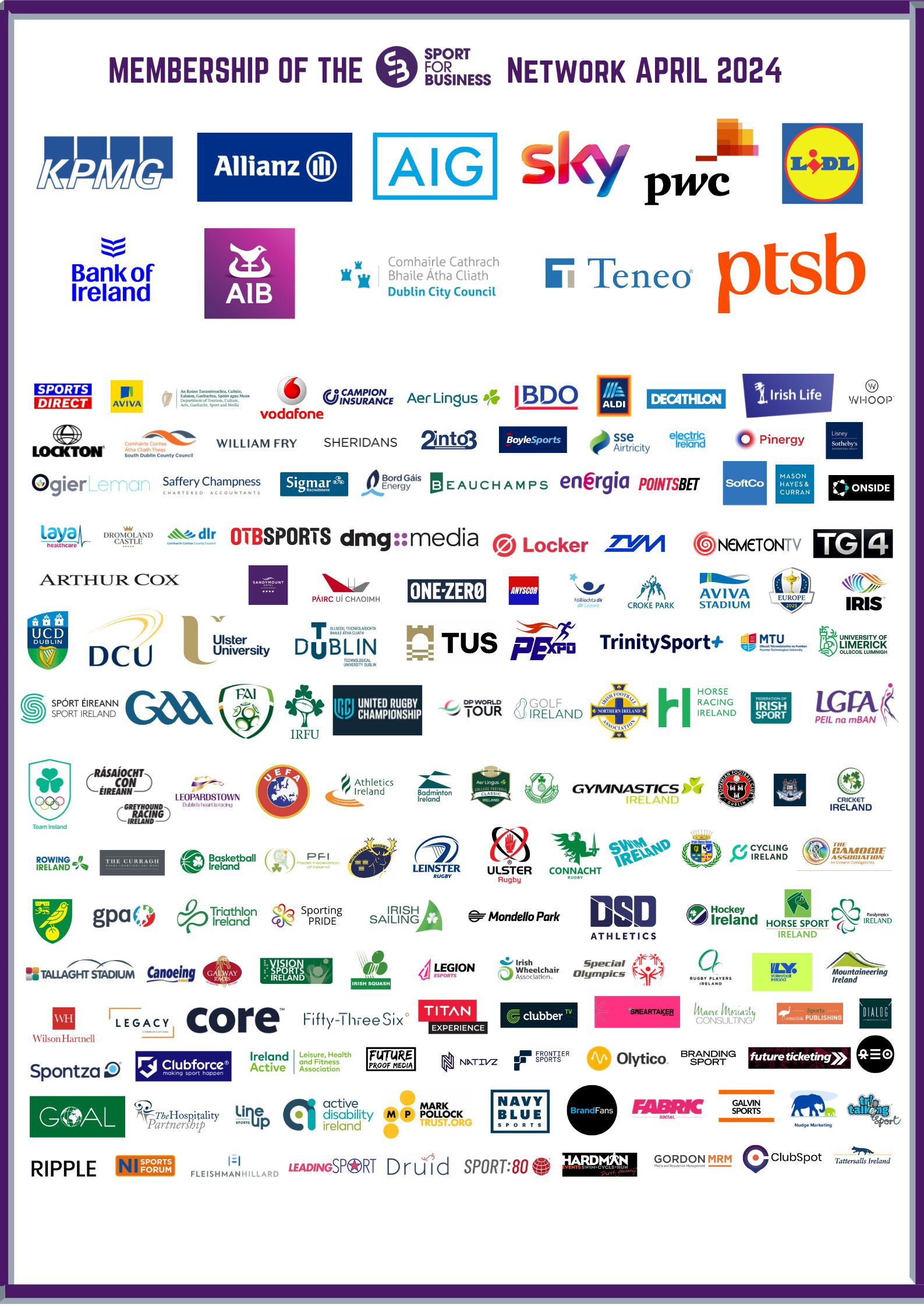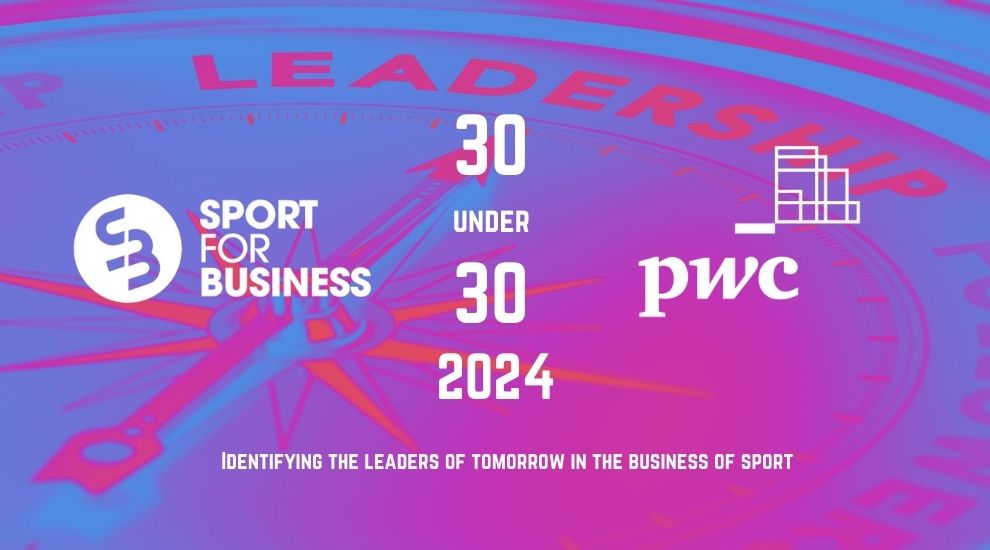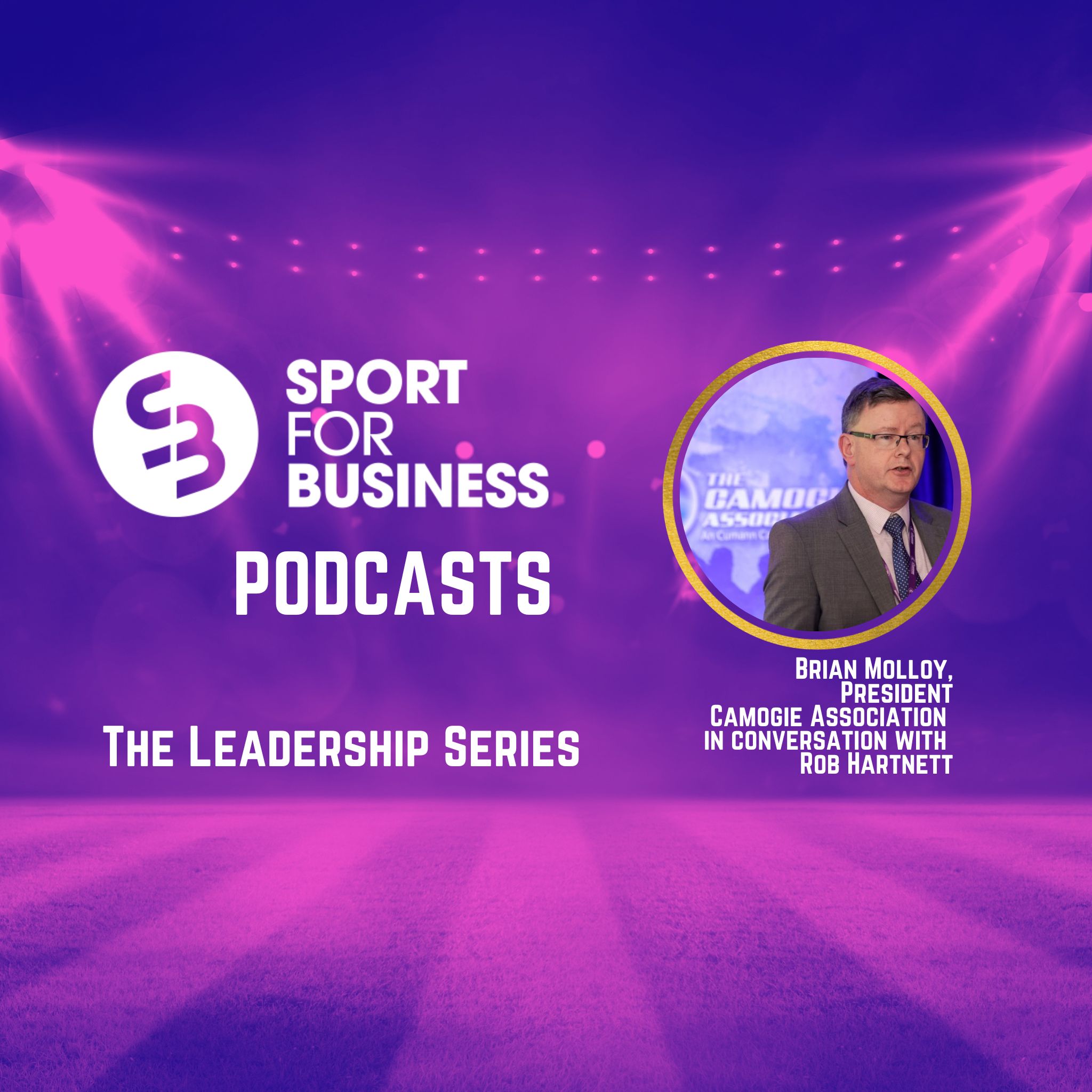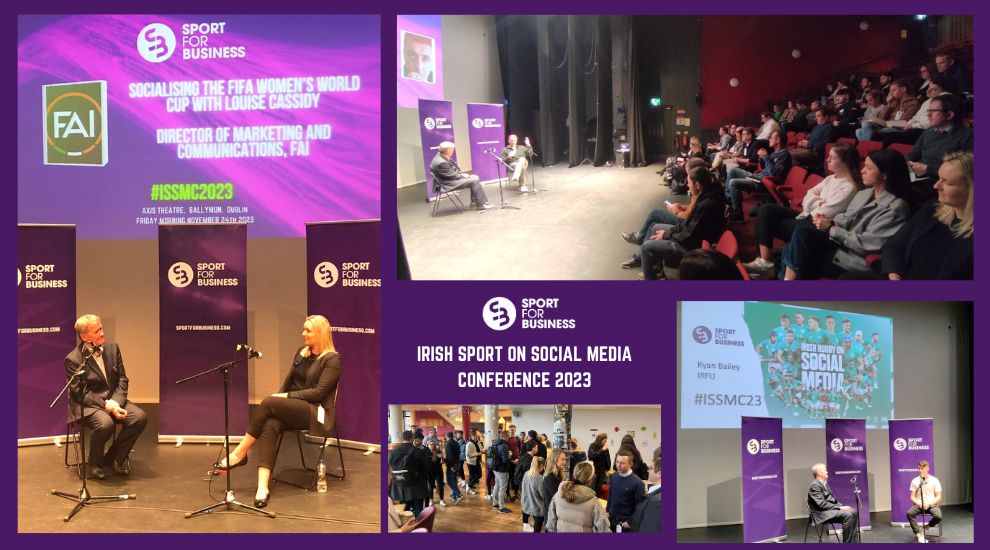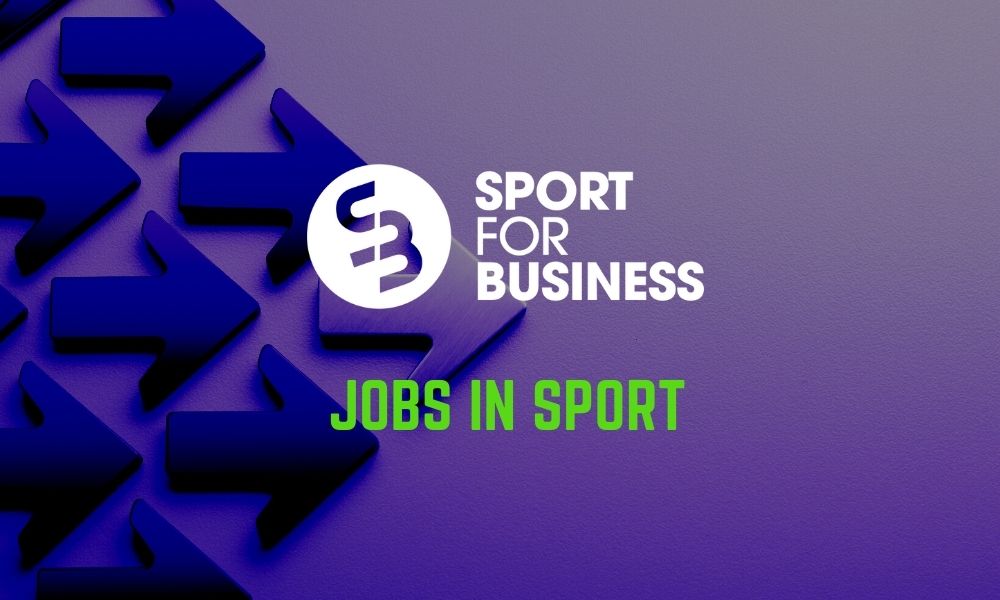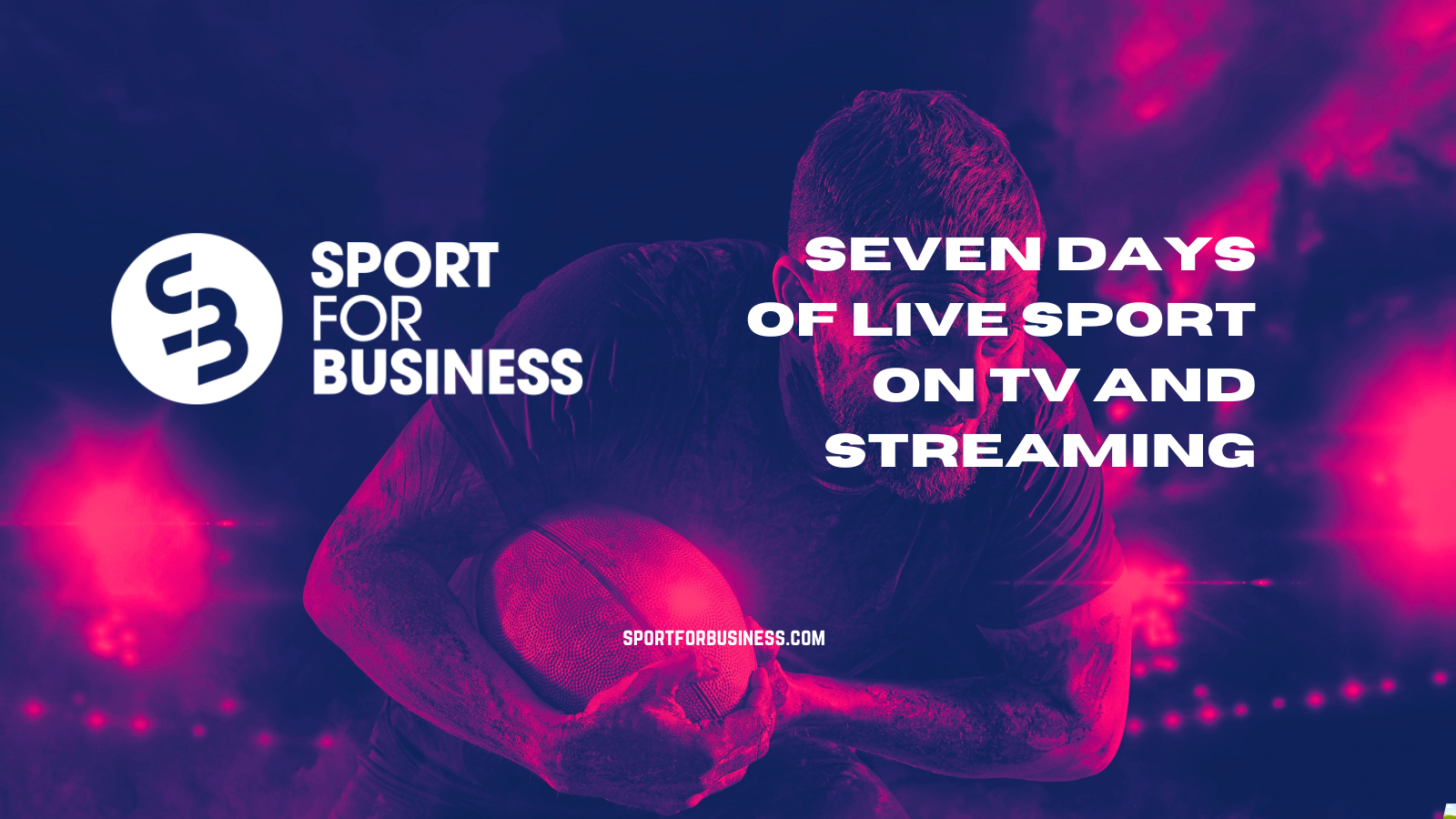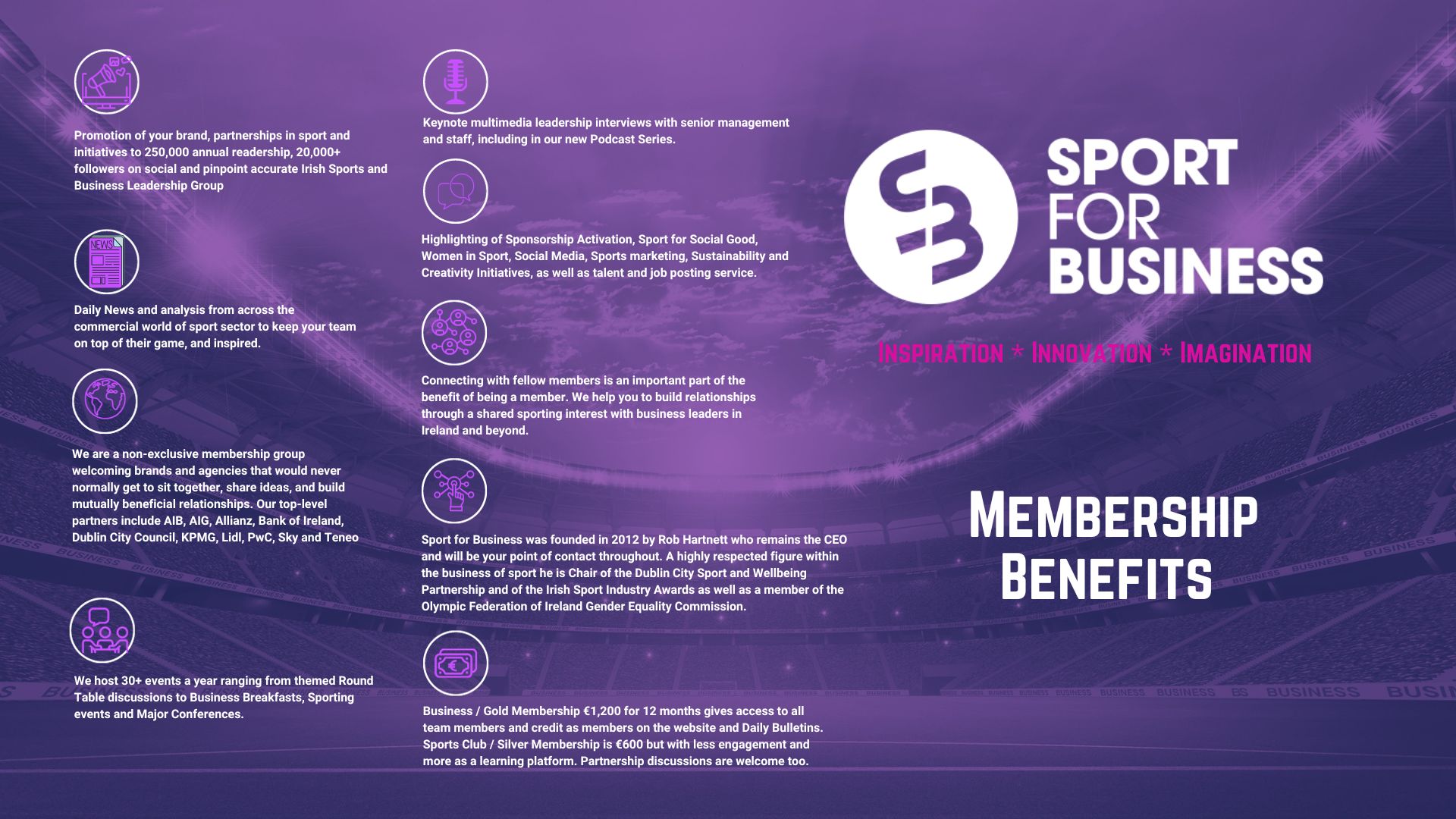Welcome to the Sport for Business Expert Forum where each week we will carry the perspective of members within the Sport for Business community on issues which are of timely relevance within the area we cover that lies between sport business and society.
Today we focus on Corruption and Doping in sport and how that will play out with the public and sponsors.
We are pleased to carry the thoughts of Dr Una May who heads up anti doing and mass participation within the new Sport Ireland; Michael O’Keefe, the CEO of PSG Sponsorship advising many of Ireland’s leading rights holders and brands in the sponsorship space; Jim Glennon, Chairman in Ireland of global reputation leaders Edelman; Maeve Buckley of Line Up SME and Liam Holton of Future Ticketing, a new Irish business in the event ticketing arena.
They offer a deeper perspective than might otherwise be seen in snap reactions. They do not always share the same thoughts. They certainly make for interesting reading.
Is the accusation of systemic cheating justified when it comes to global sport?
Michael O’Keefe, PSG – Yes, unfortunately. Cheating at team level, organisational level and now state level. It is bad enough thinking of an athlete injecting himself, or herself, in the privacy if their bedroom, but to think of the government and state bodies supporting this in a sophisticated and coherent way is frightening.
It doesn’t get much worse. Drug cheats, sheltered by those paid to catch them. Extortion. The destruction of thousands of samples. Secret police. At the same time, those at the top of the tree are money laundering and corrupt. It has the makings of a great movie but it isn’t good for sport.
No wonder we have a crisis of trust. One would hope that this is the beginning of the end. And it may take a crisis like this to make this the case. But all the informed commentators are saying is that this is the tip of the iceberg. I would still like to think that when I watch Messi or Ronaldo, or Brogan and the Gooch, that what I see is real. But pure sport is becoming rarer and rarer.
Una May, Sport Ireland – There is an accusation of systemic doping within Russian athletics following an investigation which has identified clear evidence of this. However, while the problem may reach beyond Russia and has an impact globally I don’t accept that it is a global problem. There are many parts of the world where strong measures are in place to protect the integrity of sport, where the culture does not accept or support widespread corruption and the values of sport are respected.
Jim Glennon, Edelman – ‘Systemic’, yes but ‘systematic’, no. Taken as affecting the body of global sport as a whole, regrettably the accusation is justified in that we’ve seen in recent years clear, and in some instances incontrovertible, evidence of cheating by competitors and officialdom across some of the most popular sports.
Liam Holton, Future Ticketing – Top level sport is by its nature a competitive business with huge rewards available to the winners and plenty of anguish for the losers. The difference between finishing first and fifth is usually tiny percentage in terms of performance but the rewards vary exponentially . This reality combined with the culture of ” self regulation ” makes cheating a very tempting option and often easy option. While the level of cheating in top level sports is probably much higher than any sports fans would like to believe we have to acknowledge that sport is microcosm of life and while not all our sports stars will be saints there are a lot more heroes than villains in global sports.
Maeve Buckley, LineUpSME – Of 207,513 samples tested in 2013 across all sports, 2,540 were found to have an Adverse Analytical Finding, with 1,953 samples resulting in a sanction due to an Anti-Doping Rule Violation across 115 nationalities and 89 different sports. That’s a lot of countries and a lot of sports.
Russia was the worst offender, with 225 positive tests for banned substances, with Turkey a close second place. However, other Western nations were also close, with France, Belgium, Italy, Spain and Poland all in the top ten. So does this mean it is systemic?
What is likely is that countries, such as Russia and Turkey, may have a problem across a range of sports, there may be a culture of acceptability in performance enhancing drugs, and less rigour in the labs. It seems likely that certain other countries, specifically in athletics, have a problem. Where money and politics are involved, corruption often follows.
Do you feel that public opinion and support for the Olympic Games in particular will be lessened as a result of the poor publicity likely to run through to the Games?
Michael O’Keefe, PSG – I think so. A good deal of consumer sentiment over the coming months will be formed by how sponsors and broadcast rights holders react. Certainly this week’s accusations of state sponsored doping have been really damaging, more so when you consider that it is not just Russia who are supposedly at it and many others are at best lax and at worst are organising.
The relationship between consumer and sports fan and major international sporting competitions is both complex and simple.
Sport is great as it thrills and keeps us talking and on the edge of our seats. Real and ordinary people do unreal and extraordinary things on the pitch or in the Pool or on the back of a horse and that is what makes it great. But we must believe sports is real.
Sport matters because it has the potential to do brilliant things: Sport unites communities, builds bonds between disparate nations, offers individuals an escape. Sport packs stadiums, gives us shared experiences and sports really matters.
However, sport is becoming more and more rotten and is losing its soul. The trust is slipping away.
Sport is poorly governed and it is still the Wild West, peppered with corrupt administrators out to make a personal buck. Governance and administration may not be sexy, but it is vital, more vital than ever before.
Once the public stop believing, then the public will stop watching. When they stop watching, then sponsors will start running.
There is still time and while trust isn’t dead…it is certainly very sick. UEFA, FIFA and now IOC are tarnished. Cycling hasn’t recovered. Sport will always go on, but big sport, at the highest levels, needs to be saved.
In short, public opinion has been damaged, but no irreparably.
At least it isn’t being brushed under the carpet and this may be the start of the clean up.
Una May, Sport Ireland – Public opinion always seem to be very resilient and even forgiving, however, I believe the damage caused as a result of the recent Russian scandal will impact on the support for the Games. Track and Field athletics has always been the pinnacle of the Games and the damage caused by the findings of the WADA independent Commission is likely to impact on both the public enjoyment of the Games and consequently on the commercial value of athletics to business. Cycling has seen the impact of doping scandals on sponsorship in the sport and Athletics will more than likely (and possibly rightly) be adversely affected.
Jim Glennon, Edelman – It’s only natural that public opinion, and support, for the particular sports, and the Olympics in particular, will diminish as a result, among current, established followers; the recent trends of growth in terms of new audiences for all major televised events may well however go some way towards compensating.
Liam Holton, Future Ticketing – Since the days of ancient Greece the Olympics has successfully fought a battle against cheating for the hearts and minds of the public , any institution that can survive being hijacked by The Emperor Nero and Adolf Hitler and still come out smelling of roses is not going to be damaged by a few drug cheats. Events like the Olympics allow us to suspend our disbelief for a few short weeks , people connect with the Olympics on an emotional rather than a rational level and while there will be plenty of negative talk in the lead up to the Olympics once the games begin Sport will take centre stage and we’ll all be swept up in the myriad of emotions the Olympics bring.
Maeve Buckley, LineUpSME – Whether public opinion will be affected in the run up to the Olympics will be down to how the governing bodies, and specifically the IAAF and the IOC respond to this. If we see a suspension of Russia from the Games, we may see in response a boycott of the Games by other allied countries. We have seen boycotts before in 1980 and 1984, but it would be a return to cold-war politics, and no-one wants it to end like that. The Olympic Games are a huge show, and given that they only happen every four years, cannot fail to capture the public imagination. Every nation shouts for their own, and gets behind them. So I believe the Olympics will capture the public imagination regardless, but the sporting administrators will be viewed with suspicion – a shame for all those who are genuine in their motives of giving back to their sport.
Are brands likely to be more cautious when it comes to sporting properties they are looking to partner with?
Michael O’Keefe, PSG – I would like to think so. The only way to punish corruption is through withdrawing funding until the sport is cleaned up.
Although experience has shown that unless it goes even more toxic, that brands will stay involved in the biggest shows on earth.
Sponsors are however very nervous of controversy and scandal, and this is a big big scandal. Many will keep a watching brief. Drug cheating seems to be seen as the “worst of the worst” for sponsors.
I would argue that sponsors, marketing experts and sports fans might be prepared to shrug off back-office bribes, dirty dealings such as in the FIFA scandal, and can accept sport star misdemeanors, such as Tiger Woods.
However, they are highly likely to be much more concerned about wrongdoing and cheating that can influence athletes’ performance on the track or pitch and effect the result of competitions. Cycling has learned this. Athletics may well be next. When the result is questionable, then sport is dead. Brands won’t want to be associated with that.
Una May, Sport Ireland – A company’s brand is everything. Any sensible (or sensitive) brand needs to be conscious at all times of the risks to reputation and customer trust when an inappropriate association is established. Some companies appear to be less concerned about this than others and perhaps the scale and worldwide reach of a brand allows for some relaxation of the need to demonstrate the highest level of integrity, not just within their own governance and practices but within their partnerships. However, on the whole, brands need to protect themselves against the reputational damage caused by being seen to be associated with poor practice.
Jim Glennon, Edelman – Brands will, undoubtedly, continue to exercise growing caution in choosing sporting property partners – this has been a feature in recent years and will intensify; and not just in terms of new, potential, relationships either – existing brand partners are already established as major players in sports’ decision-making processes.
Liam Holton, Future Ticketing – Strong brands will always look beyond the obvious when it comes to partnering with athletes, rights holders or sporting organisations this is why we are seeing a move away from the “all your eggs in one basket” type of partnerships that were very popular a few years ago.Smart brands are reducing and spreading their risk by working more closely with local events and looking at participation and engagement more than success as the story they want to tell through sport. This will be good news for orgnisations like the GAA, Cycling Ireland, Cricket Ireland and the hundreds of struggling athletes, events and smaller sports organisations who will hopefully see more corporate money flowing in their direction over the next few years.
Maeve Buckley, LineUpSME – I believe that brands will be more cautious when it comes to whom they partner with. This could be a boon for participation sports and events, who see more sponsorship monies flow their way instead, away from the more risky high-performance sports. Get-out clauses and claw backs in contracts will again be examined in more detail. Talented senior management may chose to look for roles elsewhere.
However, for every sponsor that leaves a high-profile but tainted sport, there are likely to be other challenger brands willing to take their place, coming in at a reduced price, and in the believe that the sport will sort itself out and ultimately they will have got in at a good time. Other brands will take the opportunity to reaffirm their support of the sport, showing their reliability and trustworthiness as a brand, supporting the sport through thick and thin.
Members of Sport for Business will be advised of the subject for discussion each Tuesday evening and invited to confirm whether they would like to participate. Over 30 have so far registered an interest in taking part. If you want to join them, contact us today.
Sport for Business is a membership community of sporting and business leaders.
We produce a daily news digest covering the commercial world of sport in Ireland, and collaborate with our members, some of whom are listed alongside, to create great events and a closer link between sport, business and society.

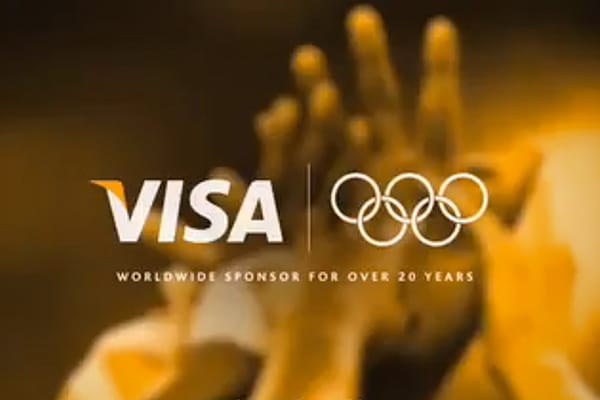

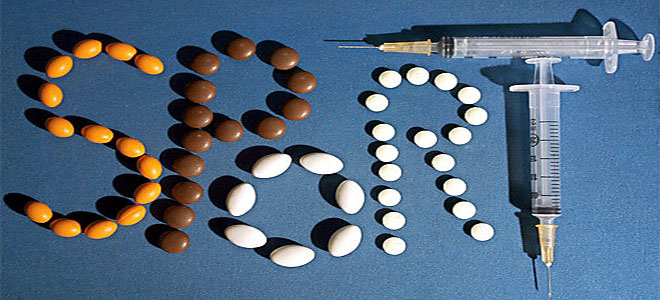
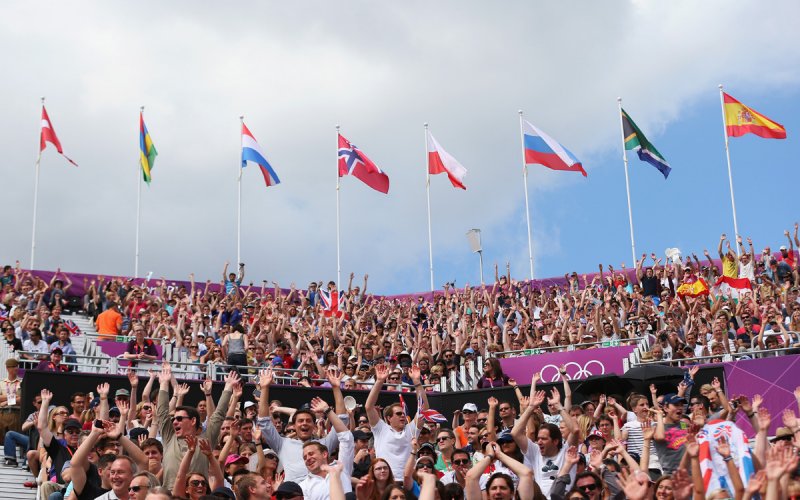
 Sport for Business is a membership community of sporting and business leaders.
Sport for Business is a membership community of sporting and business leaders. 
